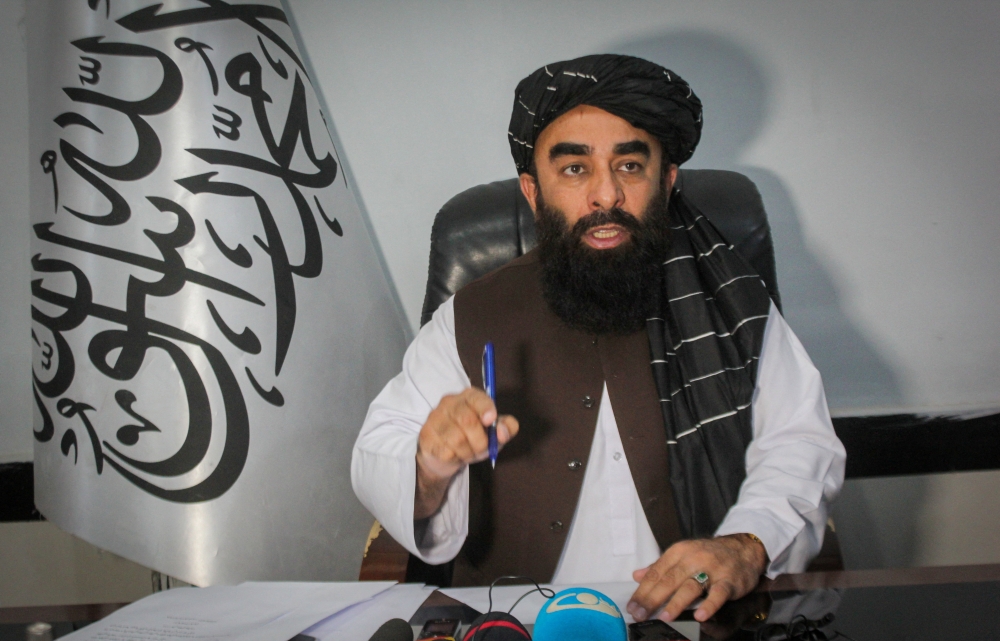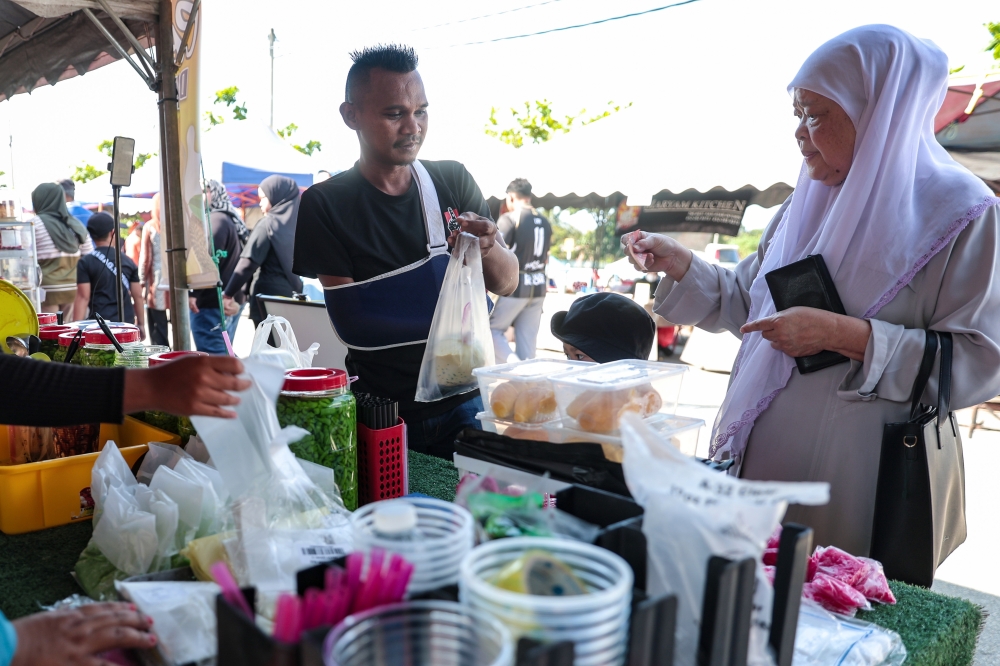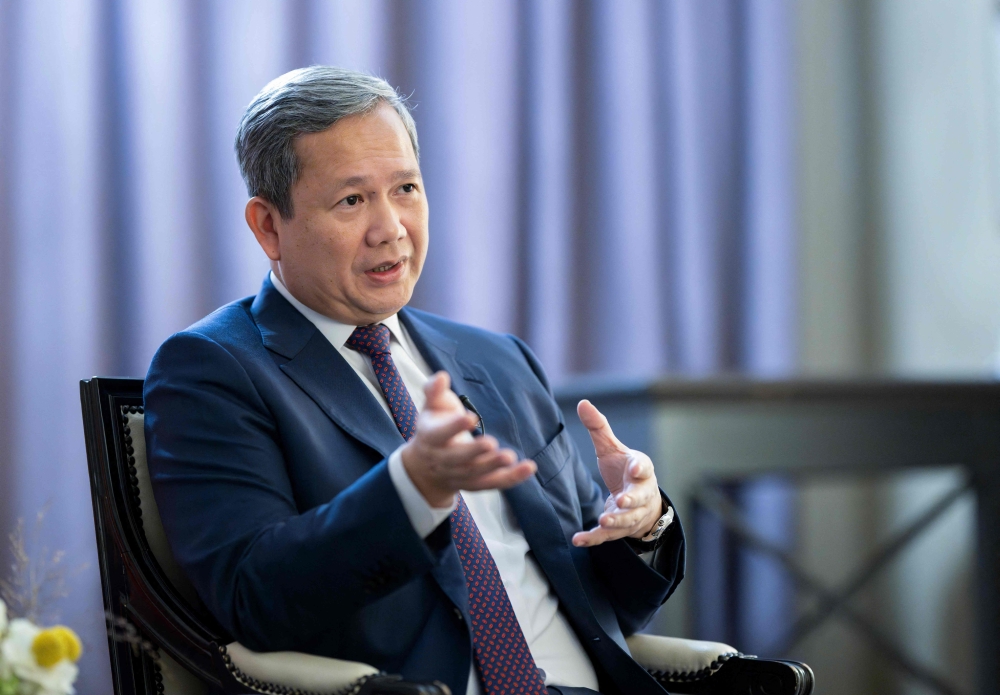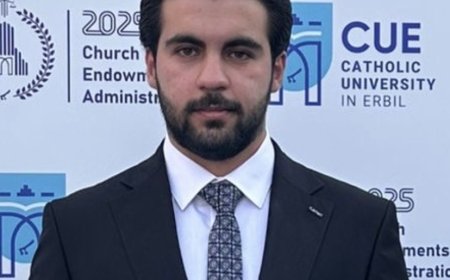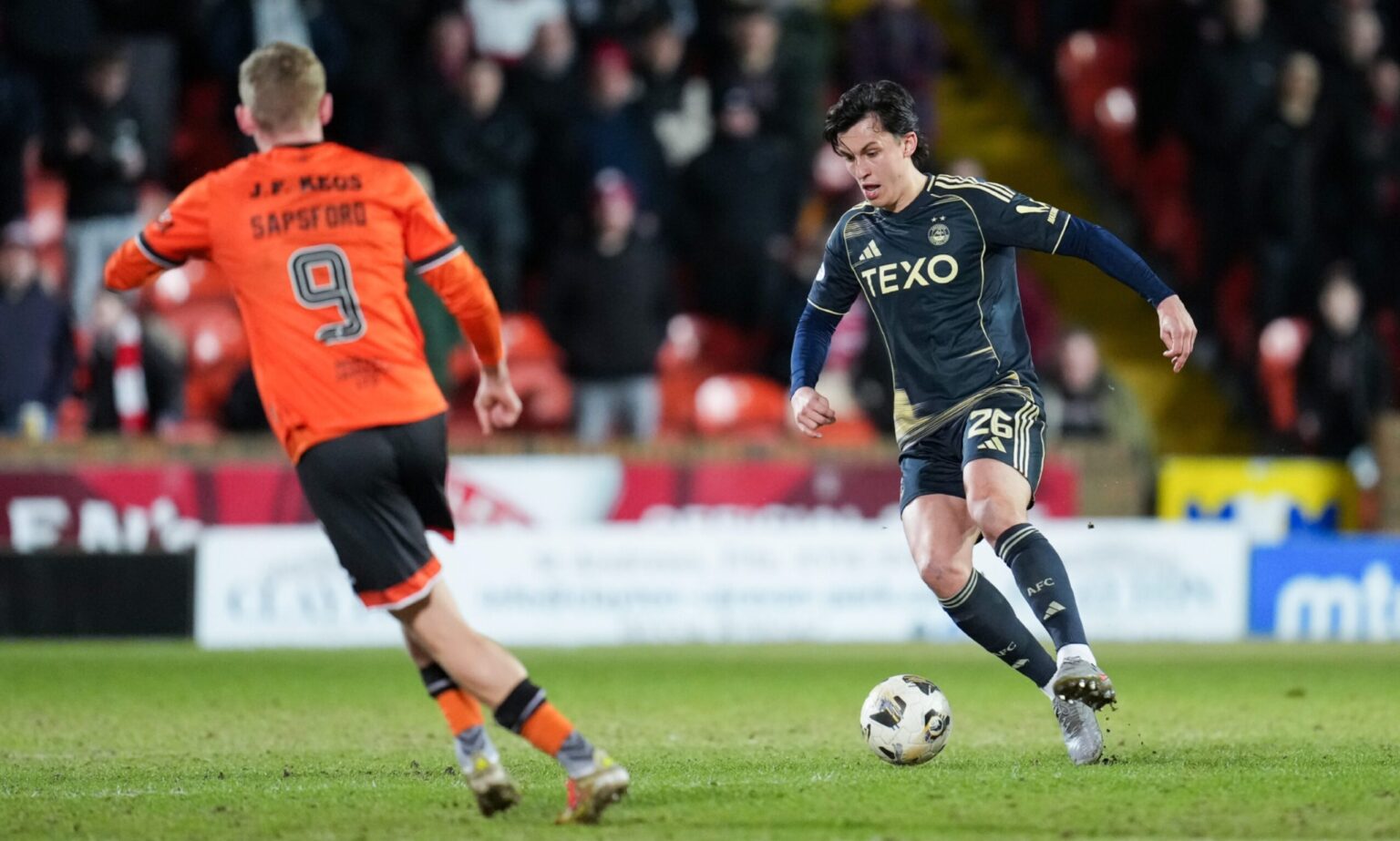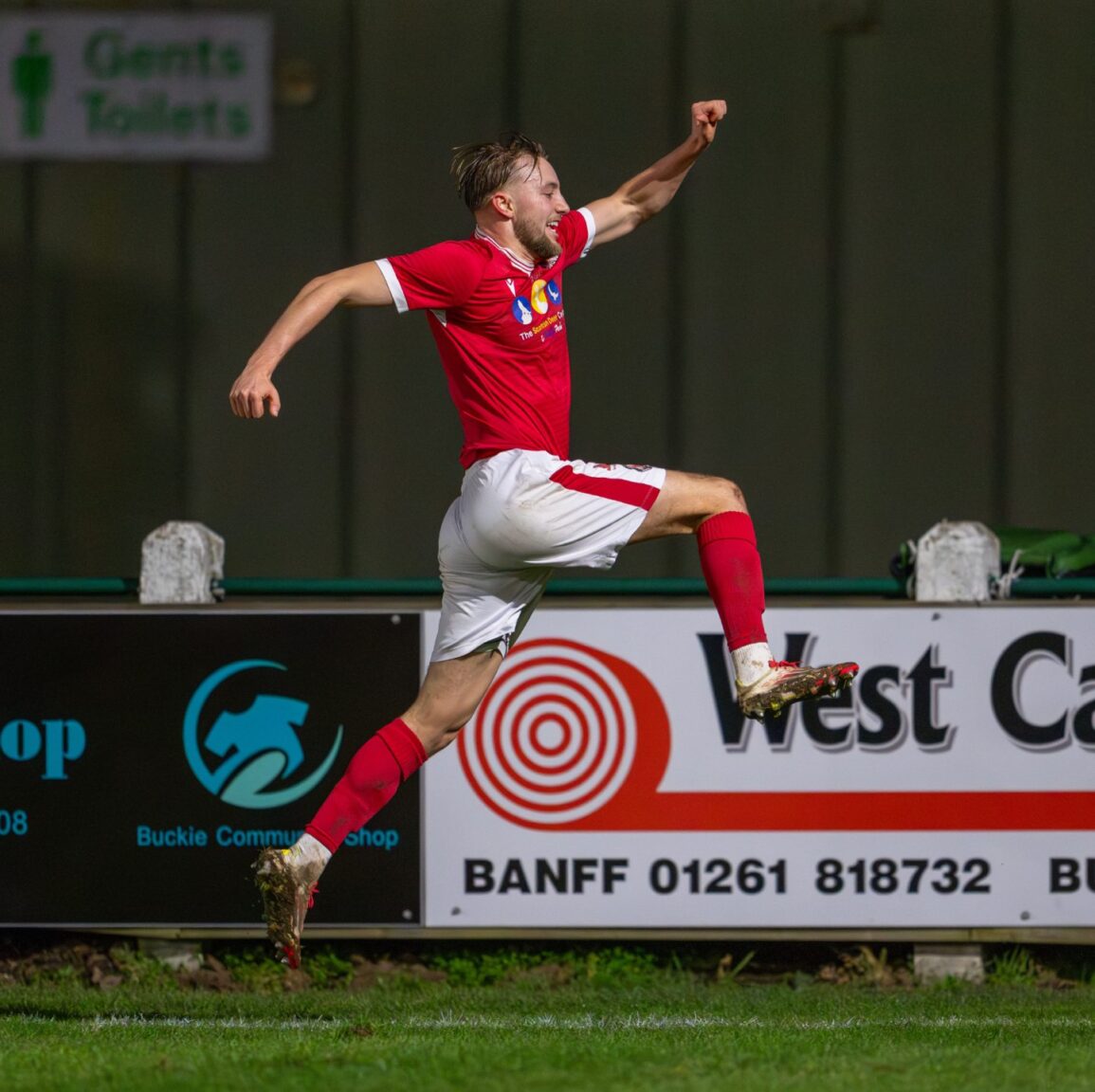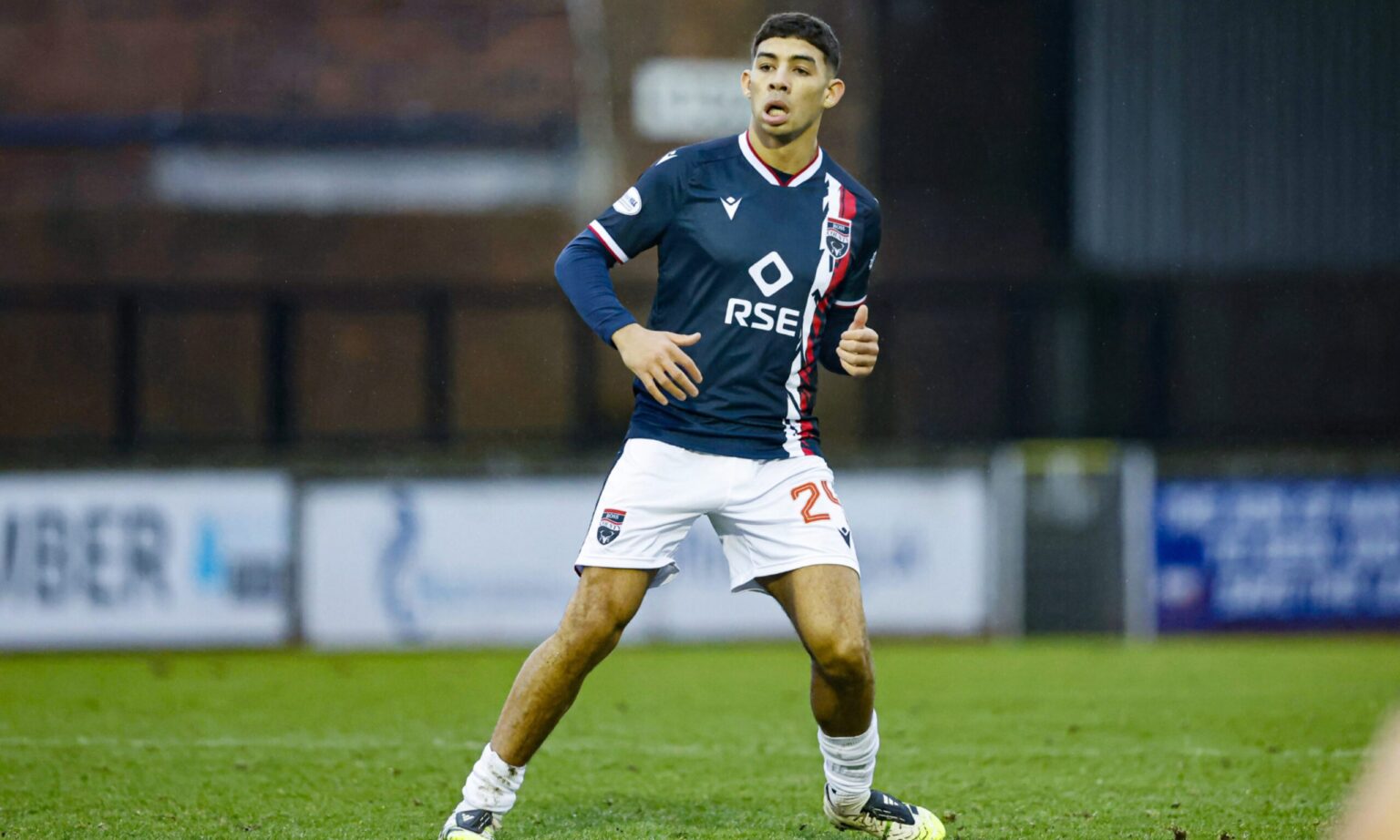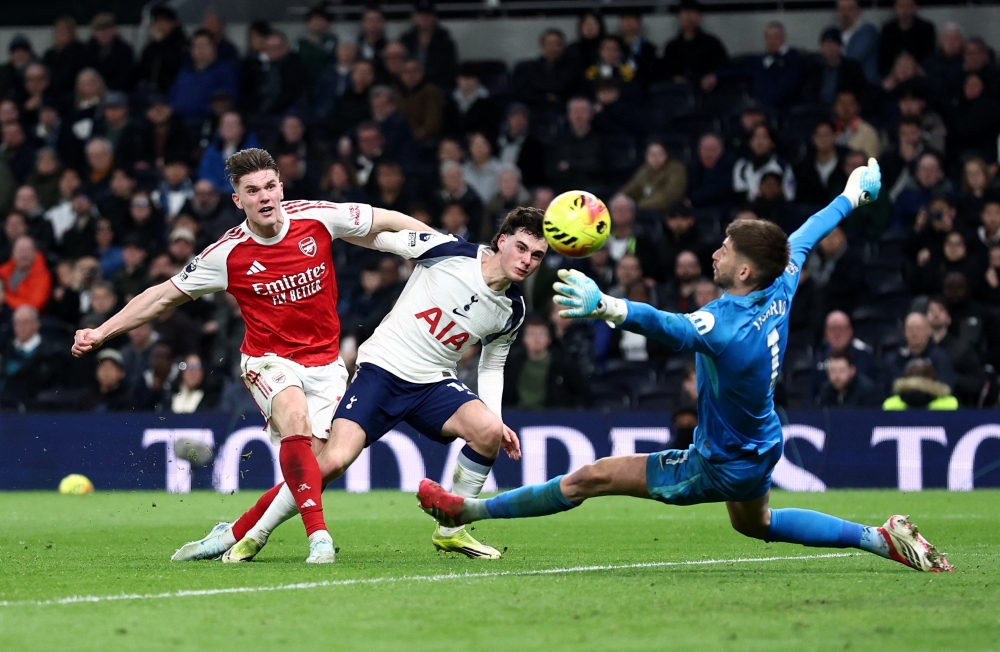Starmer under pressure over aide’s role in collapsed China spy trial
The CPS dropped espionage charges against two Britons after involvement of Jonathan Powell

Sir Keir Starmer is facing questions over Labour’s sabotage of a spying trial after it emerged that his top security adviser was involved in talks on the case.
Jonathan Powell, one of the Prime Minister’s closest allies, ruled that the Government could not brand China an “enemy” in court.
The decision, first reported by The Telegraph on Saturday, led to the collapse of a rare prosecution of alleged spies under the Official Secrets Act when the Crown Prosecution Service (CPS) decided it no longer had sufficient evidence to convict.
According to reports, Mr Powell decided last month that his deputy could not name China an “enemy” of the UK in court, which would have been needed to meet the legal threshold to prosecute Christopher Cash and Christopher Berry.
Mr Cash and Mr Berry were accused of collecting information about government policy and the China Research Group of China-sceptic MPs, and passing it to a senior member of the Chinese Communist Party.
They were first charged under the previous Conservative government, and accused of collecting information from inside Parliament between 2021 and 2023. Both denied any wrongdoing.
Labour is now under pressure to explain why the Government appeared keen to maintain a soft stance on China that would collapse a spying casebrought by prosecutors.
Sir Iain Duncan Smith, a leading China critic in the Commons, said that if ministers had blocked a witness from describing China as a threat in court, then the blame for the failure of the prosecution would be “fully back in the Government’s court”.
Although the CPS is independent, Sir Iain claimed ministers had “intervened indirectly” in the case because China had “forced their hand” by threatening to cut economic ties with the UK.
He added: “If President Xi [Jinping] says jump, it seems, the British Government simply asks: how high?”
Mr Powell’s intervention in the case was reported last night by the Sunday Times, which said the decision to effectively end the trial had come “from the top” of the Government.
The involvement of Mr Powell, the architect of Labour’s National Security Strategy, will raise further questions about whether the Government deliberately abandoned the prosecution to prevent a diplomatic rift with Beijing.
It is not clear whether Mr Powell, who works in Downing Street, made the final call on the case or whether Sir Keir was involved.
Mr Powell’s view was that the Government should use the language of his strategy, rather than a new description of China as a “threat” in court.
The strategy, published earlier this year, describes China as a “geostrategic challenge” but stops short of calling the country a “threat” or “enemy” and says it has “the potential to have a significant effect on the lives of British people”.
Mr Powell believes China should be viewed with a “threat driven” approach with one eye on a “trade and investment relationship”.
The former Blair aide quietly travelled to China in July for a meeting with his counterpart that was only reported by state press in Beijing.
He is also the architect of Sir Keir’s deal to give away the Chagos islands.
Lord Hermer’s involvement
Labour is also under pressure to explain the involvement of Lord Hermer, the Attorney General, who is responsible for the Crown Prosecution Service.
Dame Priti Patel, the shadow foreign secretary, called for Lord Hermer to face questions in Parliament about the Government’s role.
“Labour has compromised the national security of our country because of its politically motivated sympathies towards China,” she said.
“The responsibility of the CPS resides with the Attorney General, Lord Hermer. He must be held to account and questioned as to the Government’s interference which led to this case falling apart.
“This Government has a duty to protect our country and citizens from malign state threats.”
The Telegraph understands that Matthew Collins, the deputy national security adviser, provided written evidence about the spying case to the CPS before Mr Cash and Mr Berry were charged in April last year.
But the Government later advised that he would not be able to give oral evidence that China was an enemy of the UK at the trial in October.
Last month, Dan Jarvis, a Home Office minister, told MPs that the decision to drop the prosecution was “an independent one for the CPS to make” and said he was “extremely disappointed” there would not be a trial.
Luke de Pulford, the co-founder of Inter-Parliamentary Alliance on China, called for every minister involved in the case to be “hauled before a select committee” and sacked if they were proved to have effectively vetoed the prosecution of alleged spies.
He claimed the prosecution being abandoned was “a clear example of our national security being traded away”.
Ministers have already faced calls for more transparency over the case, including from the heads of the Home Affairs and Justice select committees.
Labour has also faced criticism for its decision to review China’s application for a new “mega-embassy” in London, which experts say will case security issues.
A government spokesman said: “Ministers had no involvement in decisions about prosecution of the case, nor was there a material change in the evidence provided by the Government.
“It is disappointing the individuals will not face trial, given the seriousness of the allegations.
“The decision not to proceed with prosecuting under the Official Secrets Act was made by the CPS, entirely independently of Government.
“National security is the first duty of Government and we remain steadfast in upholding this responsibility. We will continue to use the full range of tools and powers to guard against malign activity.
“The introduction of the National Security Act has strengthened our ability to protect the UK, and to detect, disrupt, and deter any state activity seeking to undermine our democratic institutions.”
[Source: Daily Telegraph]


